School designs 3D-printed parts to convert snorkels into emergency ventilator masks for NHS to fight COVID-19
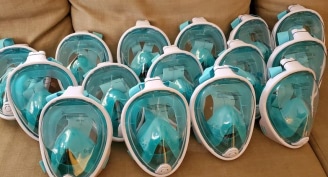
@ACSintschools designs new 3D-printed parts to convert snorkels into emergency ventilator masks for #NHS
ACS Internationals Schools has developed a new adapter to turn full face snorkel masks into emergency ventilators for hospitals struggling to find enough equipment to treat the influx of COVID-19 patients.
https://www.youtube.com/watch?v=ohTHMcPxPUQ
The process of converting snorkel masks into emergency ventilator masks has been initiated by Italian start-up, Isinnova, which has successfully designed 3D-printed parts to connect a Decathlon mask to a hospital ventilator, and this technology is now being used in hospitals in Europe. This particular mask, however, is quickly running out of stock.
ACS has identified another brand of mask that is available in abundance on Amazon, and has successfully created an adapter which allows the existing ventilator connector to fit with the alternative masks.
The project has been led by ACS’s Partnerships Director, Graeme Lawrie, and Barnaby Sandow, Head of School, ACS International School Cobham, who have worked with a network of teachers from ACS and its partnership schools to design and develop the parts, from their own homes using 3D printers.
Having successfully created the adapter, five prototype masks have now been sent to be tested by Dr David Southern, Consultant Intensivist and Equipment Lead, Critical Care at Wrexham Maelor Hospital.
Once reviewed, the masks will be evaluated by the hospital’s ethics committee, and, if approved, will be rolled out across the hospital and will open up possibilities for them to be used in hospitals across the UK too.
Graeme Lawrie explains:
“We initially made the connection with Wrexham Maelor Hospital because Barnaby Sandow, our Head of School for ACS Cobham, has family members working there who have informed us that the hospital needs to increase capacity for at least another 200 patients in the next few weeks. Having heard about the project in Italy, we were certain there would be something we could do to help and set about experimenting with Computer Aided Design (CAD) drawings to fit a new type of snorkel mask.
“The whole project so far has been a huge collaborative effort between ACS’s own teachers, teachers from our network of partnership schools, as well as local industry, who have come together to help design, print and test the parts. At ACS we’re lucky to have access to a range of 3D printers, and some ACS teachers have been able to take these printers home with them and are now 3D printing parts for the masks. If everything gets approved, we’ve got a whole ‘army of makers’, including Design & Technology teachers and companies across the country, poised and ready to print the parts we need. It takes five and a half hours to print the components for just one mask, so help from anyone who has access to a 3D printer is incredibly valuable.
“Once printed, parts will be sent to me to assemble and I will ship them to the hospital. This is an extremely challenging time for everyone across the country, and the world, and we hope that ACS can make even a small contribution to supporting the incredible efforts of the NHS.”
Through its charitable partnerships fund, ACS currently has enough funding to create 200 ventilator masks, and is currently raising more funds to support the project via JustGiving: https://www.justgiving.com/crowdfunding/partnerships. Funds from the JustGiving campaign will also go towards supporting families and children from ACS’s group of partnership schools who have been affected by the COVID-19 pandemic.

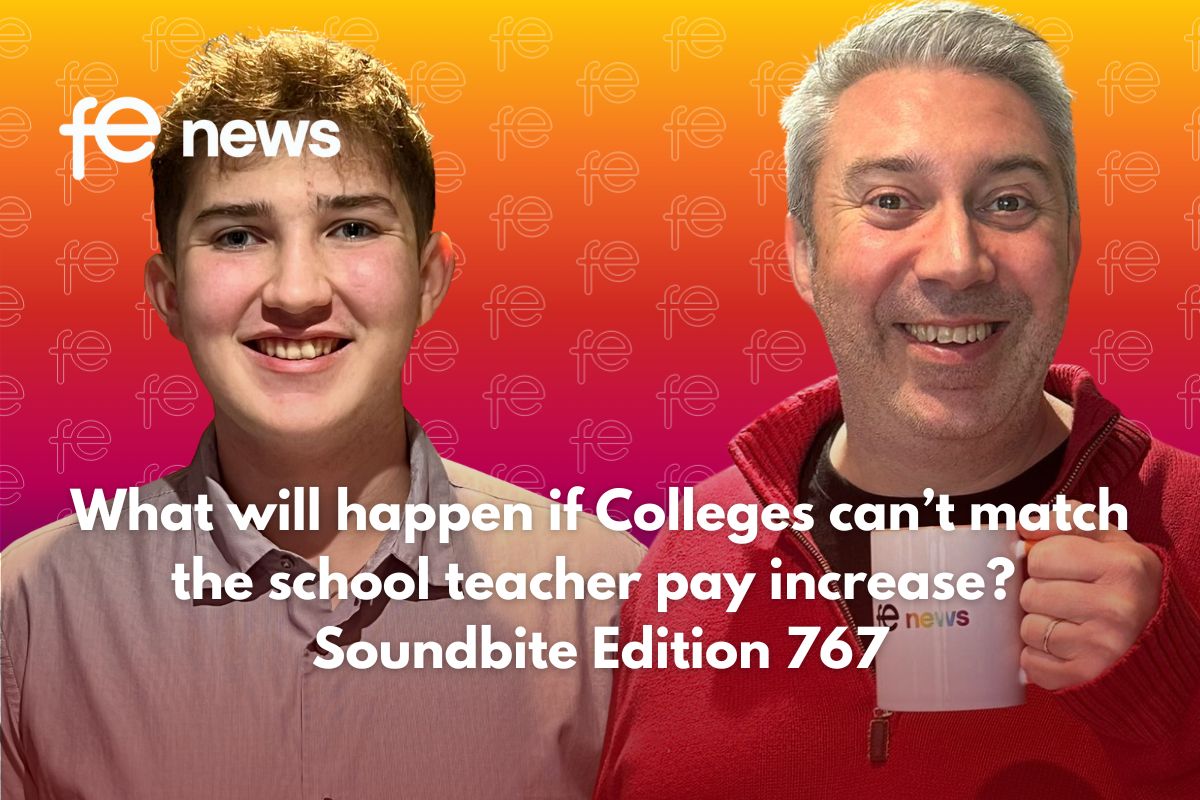



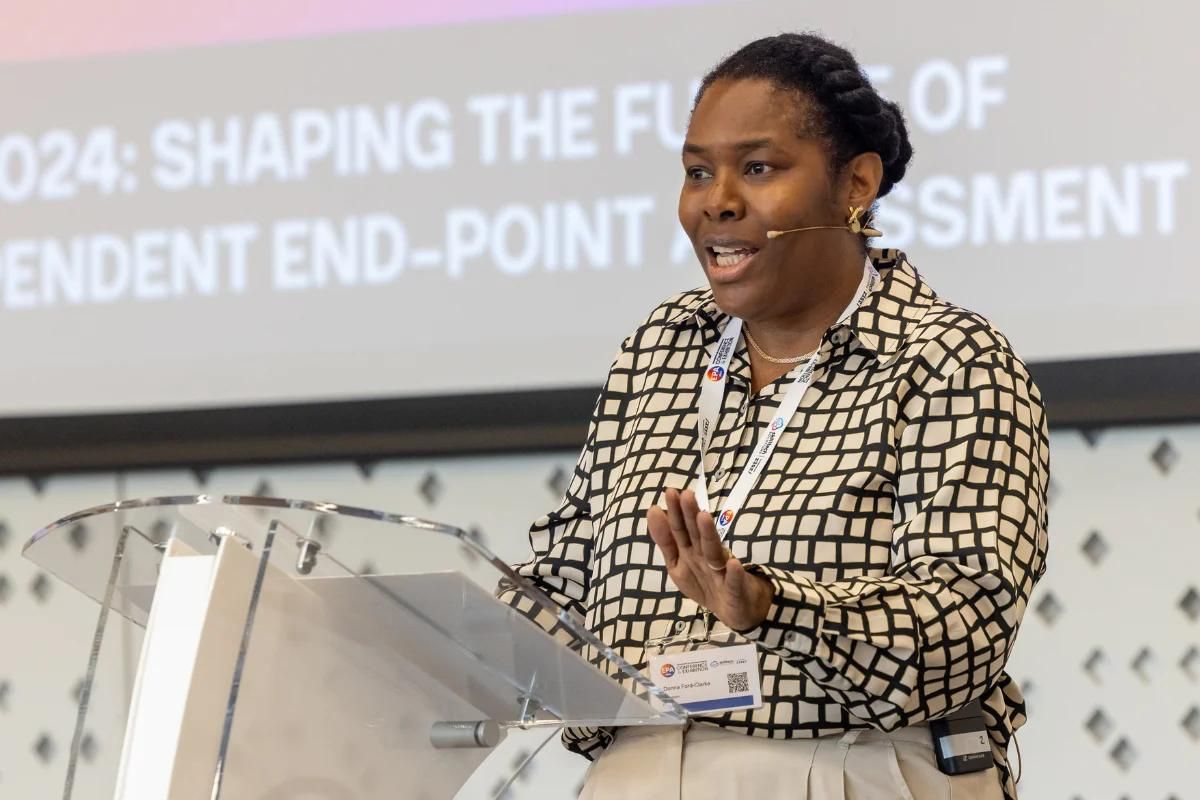
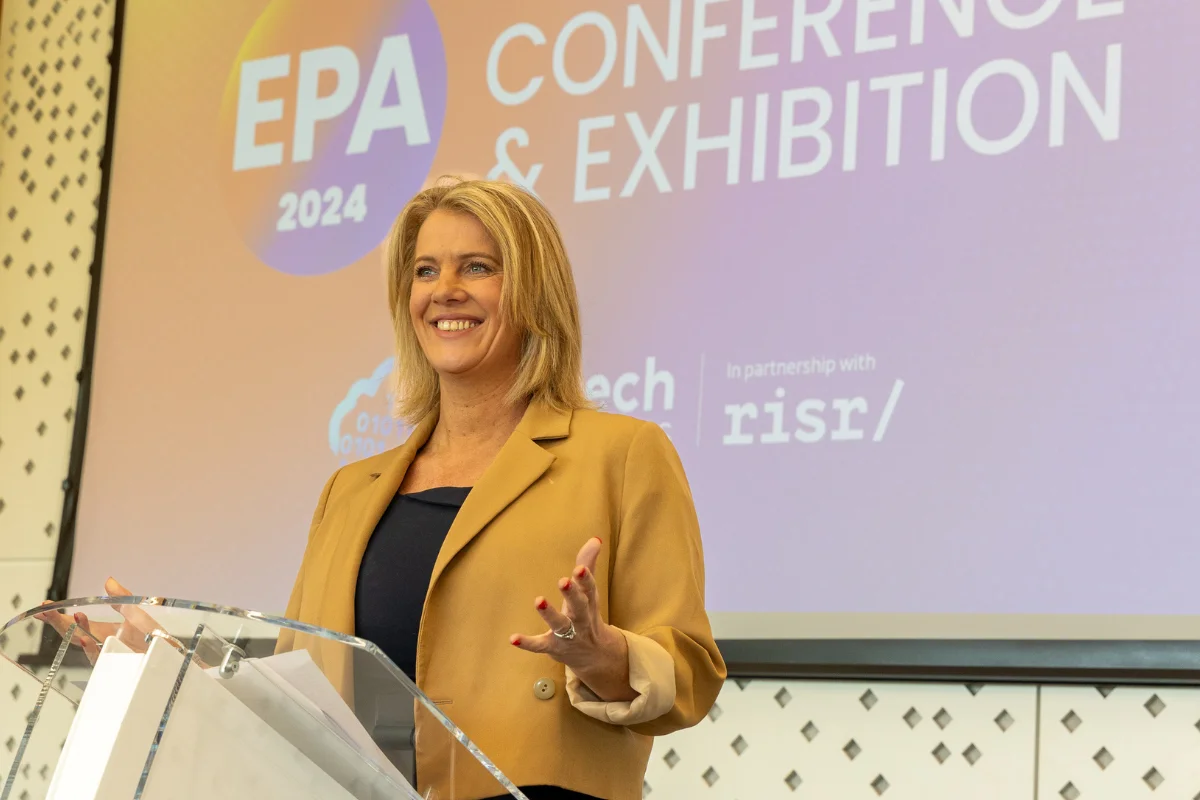


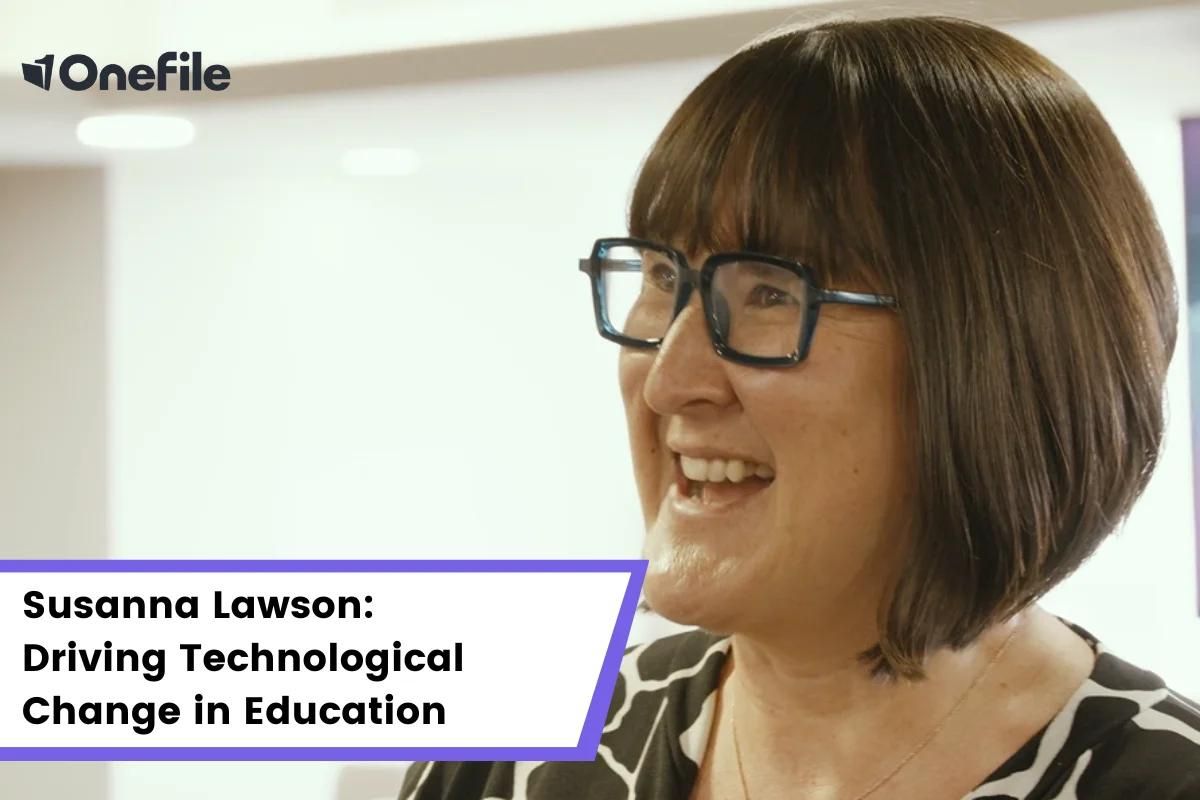
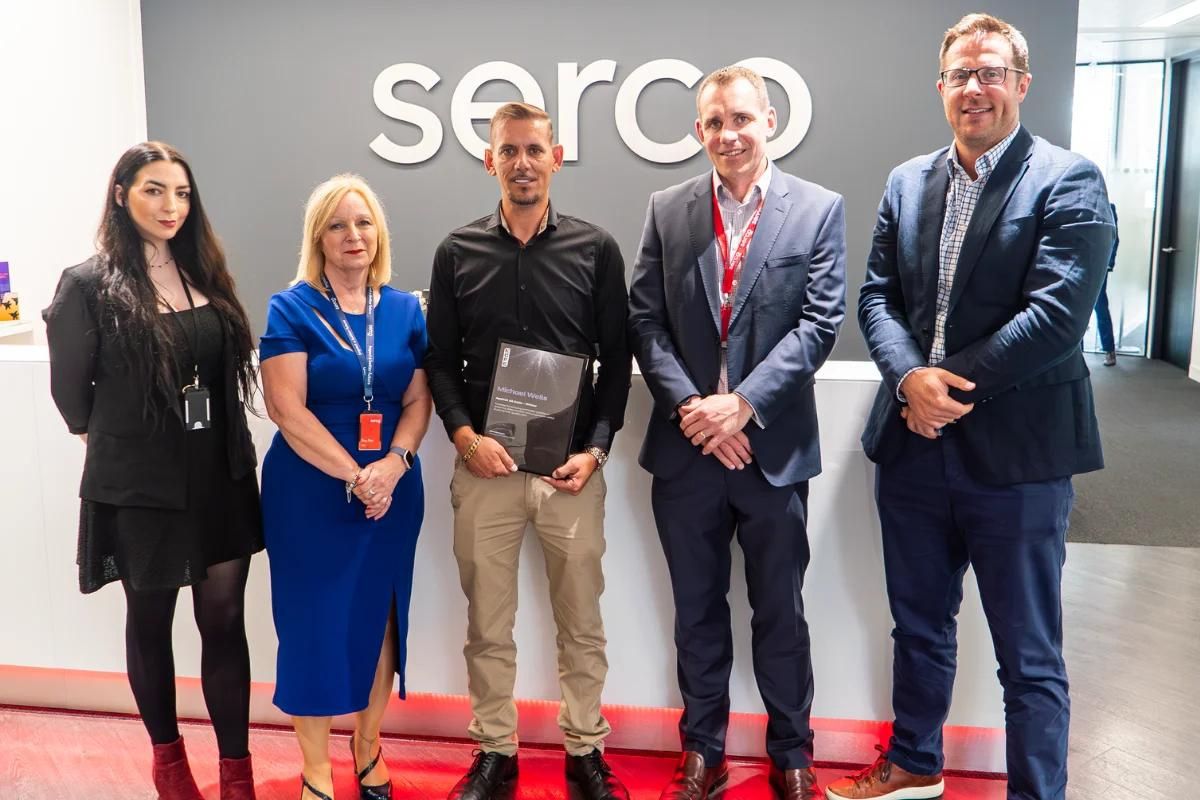
Responses